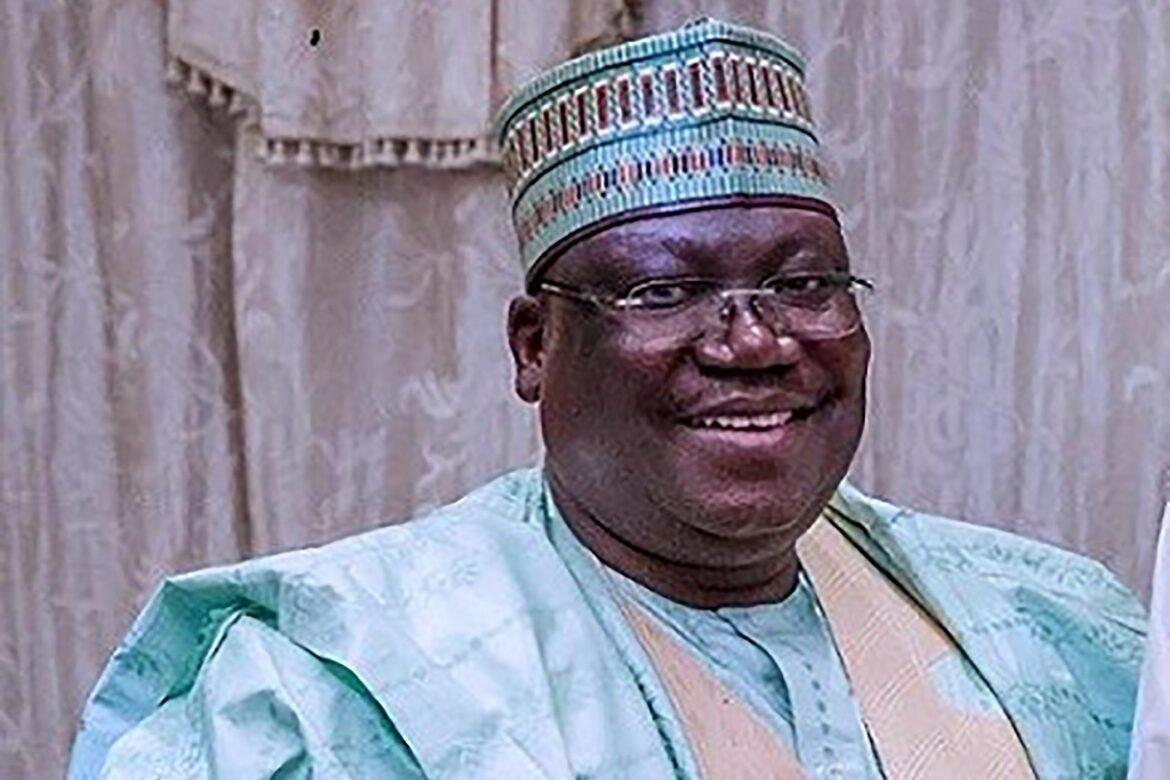The Senate on Tuesday passed the National Human Rights Commission Bill, 2022.
The passage of the bill followed the consideration of a report by the Senate Committee on Judiciary, Human Rights and Legal Matters at plenary.
In his presentation, Senator Bamidele Opeyemi, Chairman of the committee and sponsor of the bill said that the bill was read for the first time on Wednesday, Dec. 2, 2020.
He said that the bill sought to repeal and enact the National Human Rights Commission Act, 2010 (as amended).
“It is to reposition and streamline the institutional framework of the Commission by strengthening its capacity to conduct investigations on human rights issues as well as expand the scope of the Commission’s operation generally,” he said.
The lawmaker said that the committee in its finding realised that as the world has evolved over time, criminal activities and human rights abuses and violation have also evolved.
“Hence, the need to have appropriate legislative framework in place to mitigate the rising spate of violence and disregard for human rights and dignity as the rest of the world are doing currently.
“That a virile and enduring democratic value system cannot be fully entrenched in Nigeria if we do not have an independent and incorruptible human rights institution with adequate funding mechanisms and free from unnecessary interference from the government,” he said.
Meanwhile, briefing journalists after the passage of the bill, Opeyemi said that the essence of the repeal and re-enactment of the bill was to unable it to meet up with global best practice standard.
“You will recall that not too long ago, Nigeria was granted ‘Grade A Status’ by the United Nations.
“Grade A status is reserved for countries that are deemed to be complying with the international best practice standard in human rights protection.
“For us, it is not yet Uhuru with respect to the level of protection of human rights in our country.
“It is gratifying that UN, even though it is in recognition of the fact that like many other countries, we still have so much to do, but has granted our country grade A status.
“If we have attained that status, it is also important we are able to amend or re-enact our law in a way that will provide the basic legislative framework for the new status granted to us,” Opeyemi said
(NAN)








